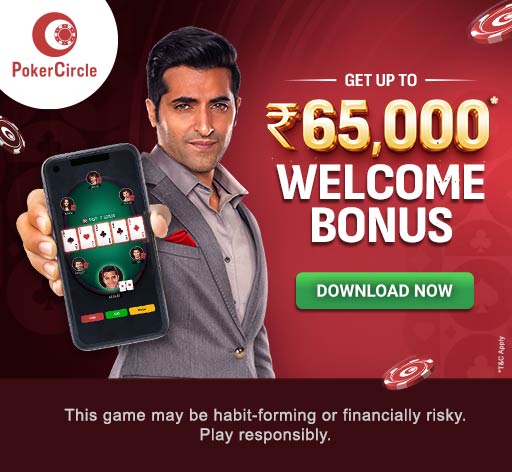In poker, in spite of having experience, even experts get tired. It isn’t just a game that requires skill, strategy and stamina; the combination of these three elements could lead to burnout among both amateurs and professionals. Therefore, it is important for one to understand the poker rules and know why burnouts occur along with the ways through which they can be prevented to ensure continued high-level performance. This blog discusses burnout factors experienced by poker pros and gives feasible solutions aimed at helping one stay fit mentally.
Understanding Poker Burnout
Burnout is described as a condition of being tired both mentally and physically. It occurs when one has been under pressure to win in poker for long hours. The affected individual may lack interest, make wrong choices or just not have fun. Burnout poses a great danger to professional players as it can easily come to them since they are always expected to play at very high levels which also has repercussions on their health if taken lightly.
Common Causes of Burnout
Burnout is experienced among poker pros due to various reasons which include:
- Grind Fatigue: Mental exhaustion may arise from playing for extended hours either in live tournaments or through online sessions. It overwhelms the mind to play many hands continuously without resting since this depletes cognitive resources.
- Variance and Downswings: Even the best poker players can experience setback streaks due to the highly variable nature of the game.
- Lack of Balance: Playing poker for long hours leads to an imbalance in your life that speeds up the process of burning out.
- Emotional Rollercoaster: Winning raises one’s spirits while setbacks bring about disappointment, hence creating a tilt.
Strategies to Avoid Burnout
Below are some useful recommendations for those who plan to stay in action for many hours.
- Set a Structured Schedule
- Manage Bankroll Wisely
- Prioritize Mental and Physical Health
Come up with a regular playing schedule that incorporates some rest time. For instance, ensure that the sessions are not too long so that you can stay focused, such as 60-90 minutes of playing and then a 10-15 minute break. Plan for days when no poker will be played so as to relax and engage in other activities.
Financial stress can be minimized through effective management of a bankroll. To cater for variance, it is advisable that one follows the 50 buy-in rule when dealing with cash games and the 100 buy-in rule when it comes to tournaments. Keep on checking your bankroll and lower or raise stakes as necessary.
Make sure you exercise, eat well and get enough rest every day. Good physical health enables one to think straight and make better choices while playing. It is recommended that you practice mindfulness or meditation to control your tilt and maintain concentration.
Conclusion
Poker professionals face the problem of burnout which is caused by various factors such as monotony, risk-related stress and lack of equilibrium. It is possible to prevent burnout in poker by following the above advice. PokerCircle is there to help you along the way, so stay focused, stay in control and most importantly enjoy the game!

